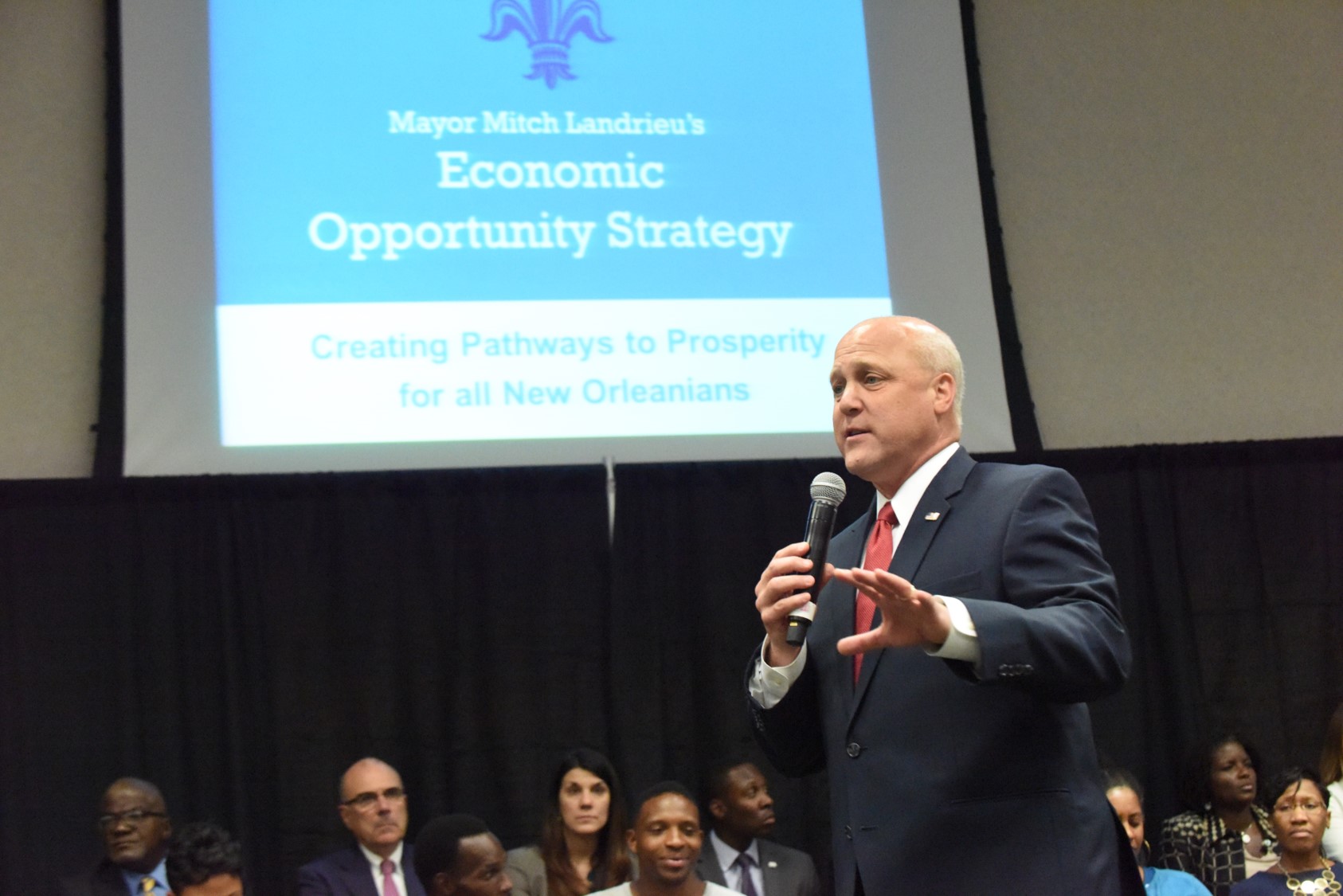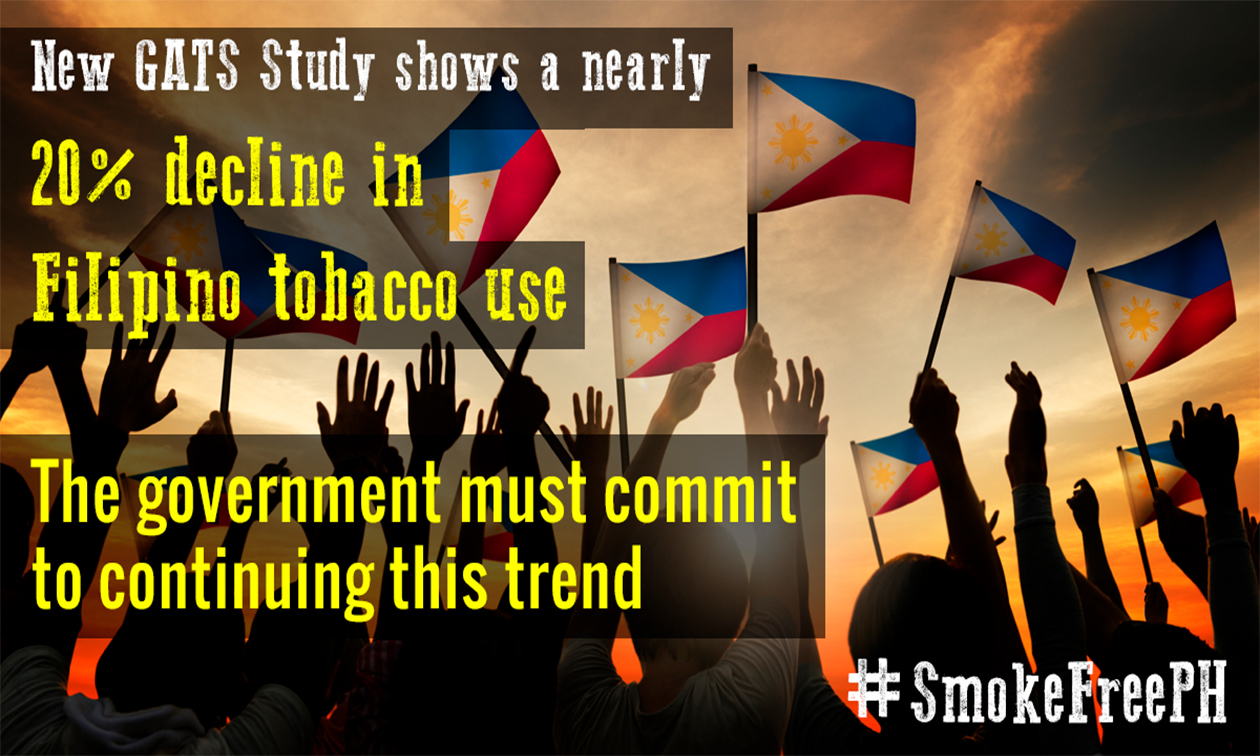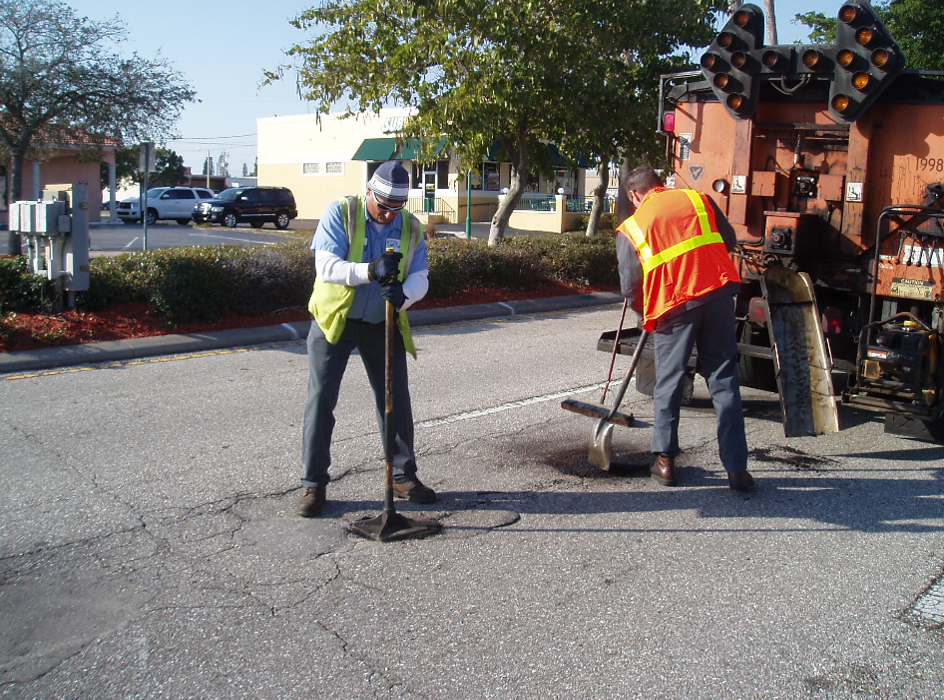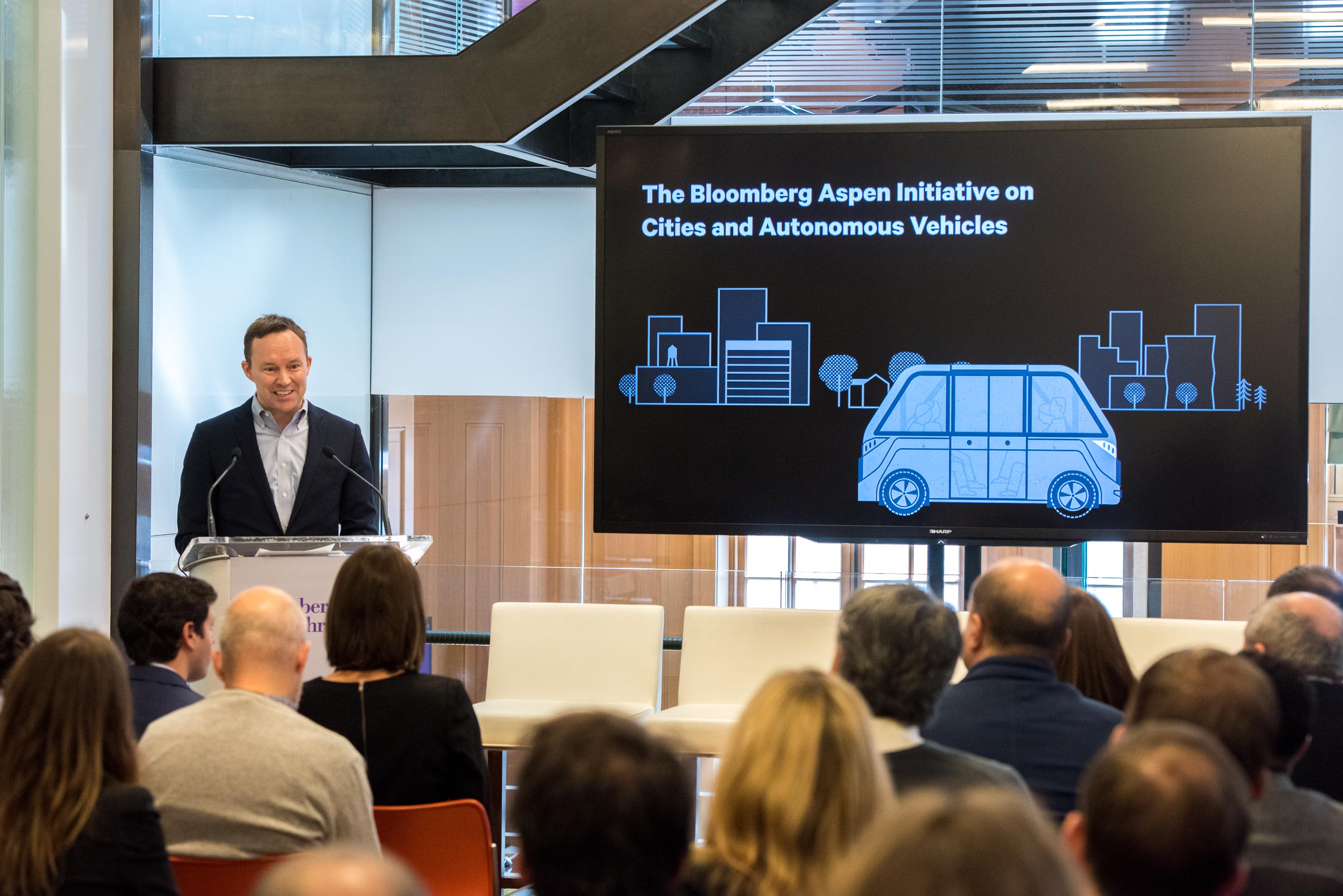
Santiago tackles childhood obesity with gamification
May 3, 2017
Santiago is already tackling this health issue head-on. The city created the Juntos Santiago program as part of Bloomberg Philanthropies’ Mayors Challenge in 2016. As one of the Challenge’s four $1 million prize winners, Santiago Mayor Felipe Alessandri is developing a neighborhood-level competition in which “teams” of 10- to 12-year-olds will be encouraged to choose healthier food options and to exercise more.
Read more
Global Cities, Inc. Joins with Out of Eden Learn to Cultivate the Next Generation of Global Citizens
May 2, 2017
By Global Cities, Inc., a program of Bloomberg Philanthropies
Our Global Scholars program offers educators a constructive approach to counter recent trends of xenophobia and intolerance. Using digital technology, students interact across different cultures, gaining an appreciation for diversity and curiosity about the world at an early age. In this effort, we have found common ground with Out of Eden Learn, developed by Project Zero at the Harvard Graduate School of Education. Global Cities, Inc. has committed $250,000 to Out of Eden Learn’s online learning community that fosters thoughtful cross-cultural inquiry and exchange.
Read more
Follow the Data Podcast Episode 9: Allison Jaffin Interviews Dr. Tom Frieden on What It Takes to Protect the World
April 28, 2017
Through strategic partnerships with the world’s leading health organizations like the US Center for Disease Control and Prevention (also known as the CDC), Bloomberg Philanthropies is working to improve the lives of people around the globe by analyzing public health data and working with partners to implement strong policies preventing these deaths.
In this episode, we’ll hear from Dr. Tom Frieden, former Director of the CDC and Former New York City Health Commissioner and Allison Jaffin of Bloomberg Philanthropies as they discuss the importance of organizations like the CDC and how progress is possible when it comes to the prevention of NCDs.
Read more
A profile in bold leadership: Stephanie Miner
April 26, 2017
Stephanie Miner is serious about finding inventive ways to tackle the challenges her city faces. In her two terms as mayor of Syracuse, New York, her bold leadership has helped the city gain the upper hand on its 500 miles of centuries-old water infrastructure. Through a partnership with Bloomberg Philanthropies’ Innovation Teams (i-teams) program, Syracuse has analyzed data from as far back as the 1800s to predict water-main failures and, with that insight, preemptively – and more efficiently – fix rapidly failing pipes. By using a new approach, Syracuse has experienced an 18 percent decline in water-main breaks and is saving more than $430,000 in annual repairs.
Read more
Outsmarting the Deadliest Animal on Earth
April 25, 2017
By Jessica Leighton, Bloomberg Philanthropies Public Health team
In recognition of World Malaria Day, today we highlight Mike Bloomberg’s commitment to the Johns Hopkins Bloomberg School of Public Health Malaria Research Institute for its innovations in understanding, preventing and controlling malaria.
Read more
A profile in bold leadership: Mitch Landrieu
April 19, 2017
In the seven years since he took office, New Orleans Mayor Mitch Landrieu has proven the power of bold leadership, including an 18 percent drop in the murder rate, 16 percent decrease in unemployment among working-age African-American men, and numerous public-private partnerships that extended prosperity to new corners of the city. His city was also selected as one of five in the first cohort of the Bloomberg Philanthropies’ Innovation Teams program and is currently participating in What Works Cities.
Read more
Global Adult Tobacco Survey Shows 1 Million Fewer Smokers in Philippines
April 10, 2017
The Department of Health recently announced good news coming out of the Philippines – there are at least 1 million fewer smokers. Data from the Global Adult Tobacco Survey (GATS) revealed that between 2009 and 2015 smoking declined from 29.7 percent to 23.8 percent.
Read more
New app helps Cape Coral, Florida fill potholes in no time flat
March 31, 2017
Rolled out last November, “CapeConnect” allows residents to identify a specific piece of road – either by parcel, street or cross streets – that need immediate attention from city crews. Cape Coral officials outlined their initial success with the app at the second annual What Works Cities Summit in New York City on March 27-28. Residents can also call an information hotline in addition to using the app.
Read moreStockholm Biochar Project, a Mayors Challenge Winner, Opens its First Plant
March 29, 2017
Stockholm, Sweden celebrated the opening of an innovative new biochar facility that will work wonders in the city’s effort to fight climate change. A first-of-its-kind project, the facility turns plant waste from parks and homes – everything from grass clippings to trees and limbs – into carbon-capturing charcoal that residents can then use in their window boxes and gardens to promote plant growth. Biochar is a powerful soil conditioner, it decreases carbon-dioxide levels in the atmosphere and, through its production, it will even create enough energy to provide heat and hot water for more than 80 apartments in the city.
Read more
Autonomous Vehicles: Putting Cities in the Driver’s Seat
March 10, 2017
By James Anderson, Government Innovation at Bloomberg Philanthropies
Bloomberg Philanthropies and the Aspen Institute just concluded two inspiring days of discussion on cities and the transition to autonomous vehicles – a reality that’s no longer in the distant future. This convening, which brought together city officials with leading voices from the auto industry, tech and innovation sectors, social justice organizations and academia, was the first major step of the Bloomberg Aspen Initiative on Cities and Autonomous Vehicles. Through this year-long effort, we’ll work with 10 leading cities to help accelerate and strengthen their efforts to prepare for the challenges ahead, while also sharing what we learn with a broader community of cities across the globe. Our work is just starting, but I came away from our conversations with five key insights.
Read more